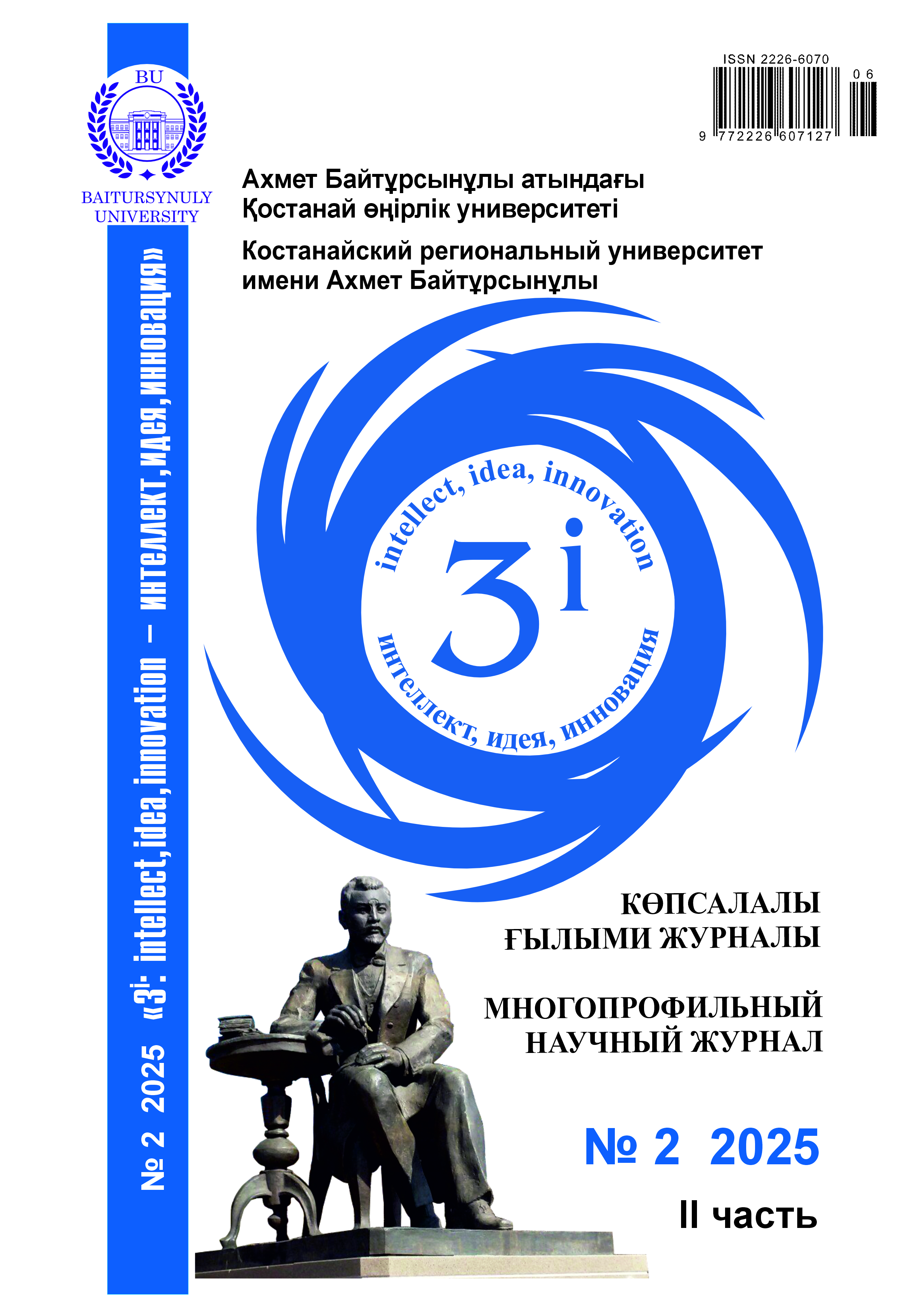АҒЫЛШЫН ТІЛІН ОҚЫТУДАҒЫ ЛИНГВИСТИКАЛЫҚ ЖӘНЕ КОММУНИКАТИВТІК ШЫҒАРМАШЫЛЫҚ МОДЕЛІ: ТУРИЗМ МАМАНДАРЫНА АРНАЛҒАН ЗЕРТТЕУ
DOI:
https://doi.org/10.52269/RWEP2522209Кілт сөздер:
лингвистикалық шығармашылық, коммуникативтік құзыреттілік, нақты мақсаттарға арналған ағылшын тілі, туристік білім, шығармашылық тіл үйретуАңдатпа
Бұл зерттеу кәсіби дамуға және қызмет көрсету сапасын арттыруға бағытталған туристік индустриядағы шығармашылық коммуникация бойынша құрылымдық оқыту қызметінің тиімділігін зерттейді. Зерттеуде аралас әдіс қолданылды, оған үш университеттен туризм мамандығы бойынша білім алатын 127 бакалавриат студенті қатысты. Олар эксперименттік топқа (n=64) және бақылау тобына (n=63) бөлінді. Зерттеу дизайны үш негізгі кезеңді қамтыды: коммуникация мәселелерін бастапқы бағалау, құрылымдық оқыту бағдарламасын жүзеге асыру және ұзақ мерзімді нәтижелерді бағалау. Оқу бағдарламасы теориялық негіздер мен практикалық қолдануларды біріктіріп, мәдениетаралық коммуникация, дағдарысты басқару және мәселелерді шешудің инновациялық әдістеріне баса назар аударды. Бұл зерттеу туризм мамандарында шығармашылық қарым-қатынас дағдыларын қалай дамытуға және қолдауға болатынын түсінуге маңызды үлес қосады. Зерттеу нәтижелері құрылымдық араласулар жеке тәжірибеде және ұйымдық мәдениетте тұрақты оң өзгерістер тудыруы мүмкін екенін көрсетеді. Туризм индустриясы дамуын жалғастырып, жаңа қиындықтармен бетпе-бет келе жатқандықтан, жүйелі оқыту арқылы шығармашылық қарым-қатынас дағдыларын дамыту жеке тұлғаның да, ұйымның да табысына құнды инвестиция болып табылады. Бұл зерттеу шығармашылық қарым-қатынасты оқытудың ғылыми-зерттеу негізін құра отырып, туристік білім мен кәсіби дамуға ықпал етеді.




